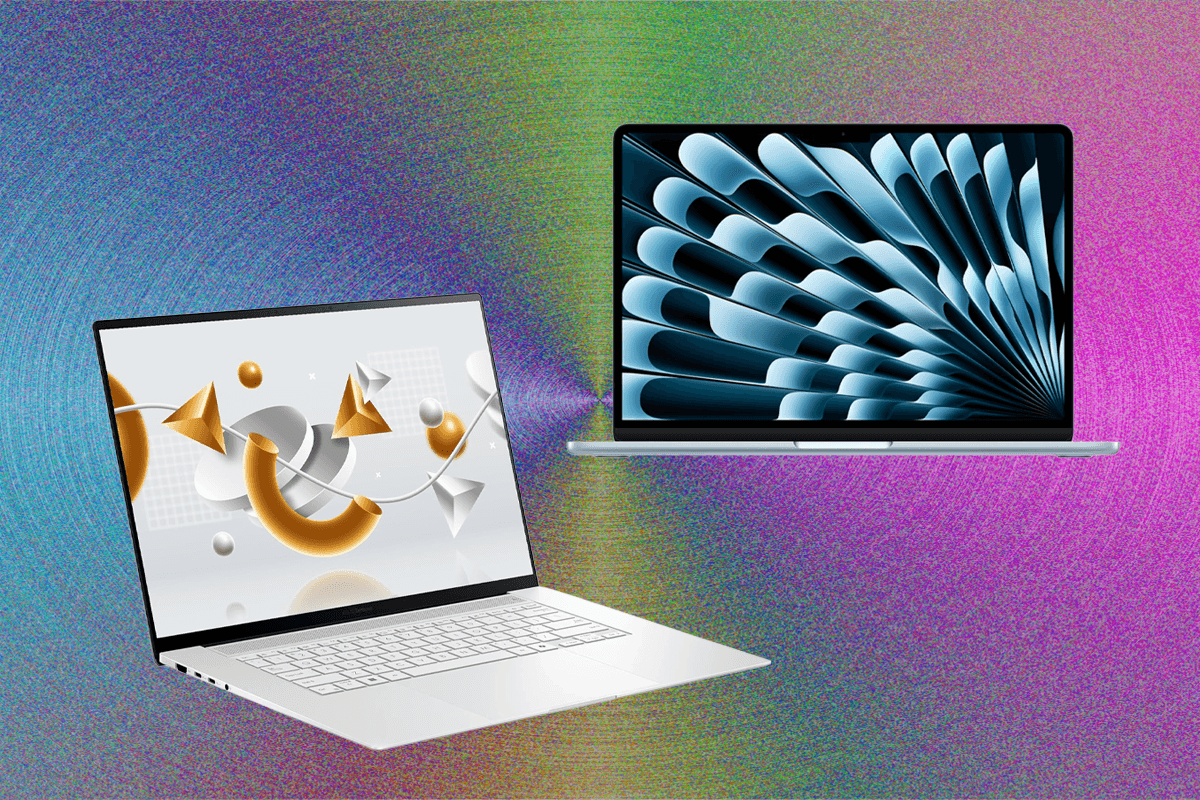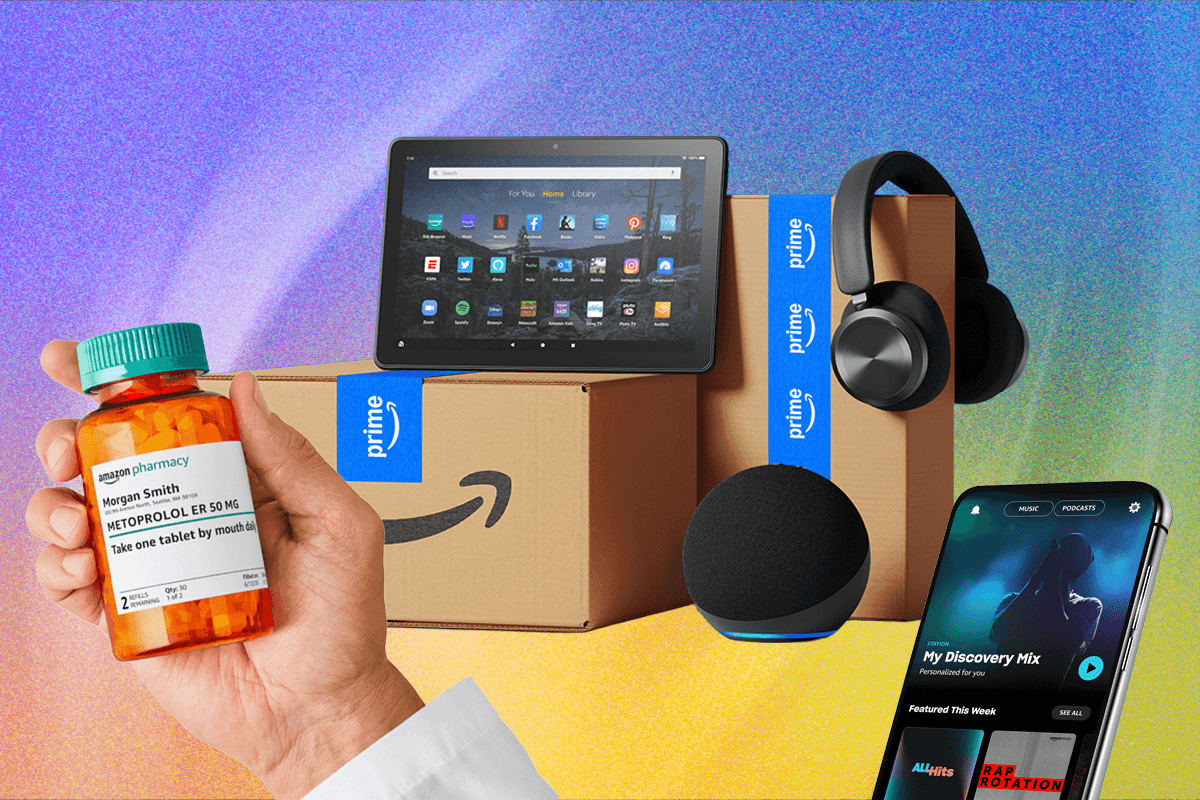Bypass Restrictions: Unblock Content with a VPN in Kansas
Bypassing Restrictions: How to Unblock Content Using a VPN
Are you encountering restrictions while trying to access your favorite online content? Perhaps you’re in a location where certain websites are blocked, leaving you frustrated and disconnected. Don’t worry; there’s a solution! Using a VPN (Virtual Private Network) can help you bypass these restrictions and regain access to the content you desire. In this guide, we’ll explore how to unblock content, focusing on the use of VPNs to overcome geographical restrictions and access websites from anywhere in the world.
What is a VPN and How Does It Work?
A VPN is a powerful tool that creates a secure and encrypted connection between your device and the internet. It works by routing your internet traffic through a server in a location of your choice, effectively masking your real IP address and making it appear as if you are browsing from that server’s location.
Here’s a breakdown of how a VPN works:
- Encryption: A VPN encrypts your data, making it unreadable to third parties like hackers or your internet service provider (ISP). This ensures your online activities remain private and secure.
- IP Address Masking: By connecting to a VPN server, your real IP address is hidden, and you are assigned a new IP address based on the server’s location. This allows you to bypass geographical restrictions and access content that may be blocked in your actual location.
- Server Network: Reputable VPN providers offer a vast network of servers in various countries, giving you the flexibility to choose the location that best suits your needs.
Why Use a VPN to Unblock Content?
There are several compelling reasons to use a VPN to unblock content:
- Bypass Geographical Restrictions: Many websites and streaming services use geo-blocking to restrict access based on your location. A VPN allows you to bypass these restrictions by connecting to a server in a country where the content is available.
- Access Blocked Websites: In some regions, certain websites may be blocked by the government or your ISP. A VPN can help you circumvent these blocks and access the information you need.
- Protect Your Privacy: A VPN encrypts your internet traffic, preventing your ISP, government agencies, and other third parties from monitoring your online activities.
- Secure Public Wi-Fi Connections: Public Wi-Fi networks are often unsecured, making them vulnerable to hacking. A VPN encrypts your data, protecting you from potential threats while using public Wi-Fi.
Steps to Unblock Content with a VPN
Unblocking content with a VPN is a straightforward process. Here’s a step-by-step guide:
- Choose a Reputable VPN Provider: Select a VPN provider with a proven track record of security, reliability, and a wide range of server locations. Consider factors like price, speed, and customer support.
- Sign Up for a VPN Subscription: Once you’ve chosen a provider, sign up for a subscription plan that meets your needs. Most VPN providers offer various plans with different features and pricing.
- Download and Install the VPN App: Download the VPN app for your device (Windows, Mac, iOS, Android, etc.) from the provider’s website or app store. Install the app following the on-screen instructions.
- Connect to a VPN Server: Open the VPN app and connect to a server in a location where the content you want to access is available. For example, if you want to access content that is only available in the US, connect to a US server.
- Access the Blocked Content: Once connected to the VPN server, you should be able to access the content you were previously unable to reach. Open your web browser and navigate to the website or streaming service you want to use.
Choosing the Right VPN Provider
With so many VPN providers available, selecting the right one can be overwhelming. Here are some factors to consider:
- Security and Privacy: Look for a VPN provider with strong encryption protocols, a strict no-logs policy, and a history of protecting user data.
- Server Locations: Choose a VPN provider with a wide range of server locations to ensure you can access content from anywhere in the world.
- Speed and Reliability: Opt for a VPN provider with fast and reliable servers to avoid buffering and lag while streaming or browsing.
- Ease of Use: Select a VPN provider with a user-friendly app that is easy to install and use, even for beginners.
- Customer Support: Check if the VPN provider offers responsive and helpful customer support in case you encounter any issues.
- Price: Compare the pricing of different VPN providers and choose a plan that fits your budget.
Free vs. Paid VPNs
While free VPNs may seem appealing, they often come with significant drawbacks. Free VPNs may have slower speeds, limited server locations, data caps, and may even collect and sell your data to third parties. For a secure and reliable experience, it’s generally recommended to opt for a paid VPN provider.
Legal Considerations
Using a VPN is legal in most countries, but there are some exceptions. It’s essential to check the laws and regulations in your country before using a VPN. In some cases, using a VPN to bypass government censorship or engage in illegal activities may be prohibited.
Conclusion
Using a VPN is a powerful way to unblock content, protect your privacy, and secure your internet connection. By following the steps outlined in this guide, you can bypass geographical restrictions, access blocked websites, and enjoy a more open and secure online experience. Remember to choose a reputable VPN provider and be aware of the legal considerations in your country.
Ready to unlock a world of unrestricted content? Explore the benefits of using a VPN today and regain control over your online experience!
Source: Mashable



